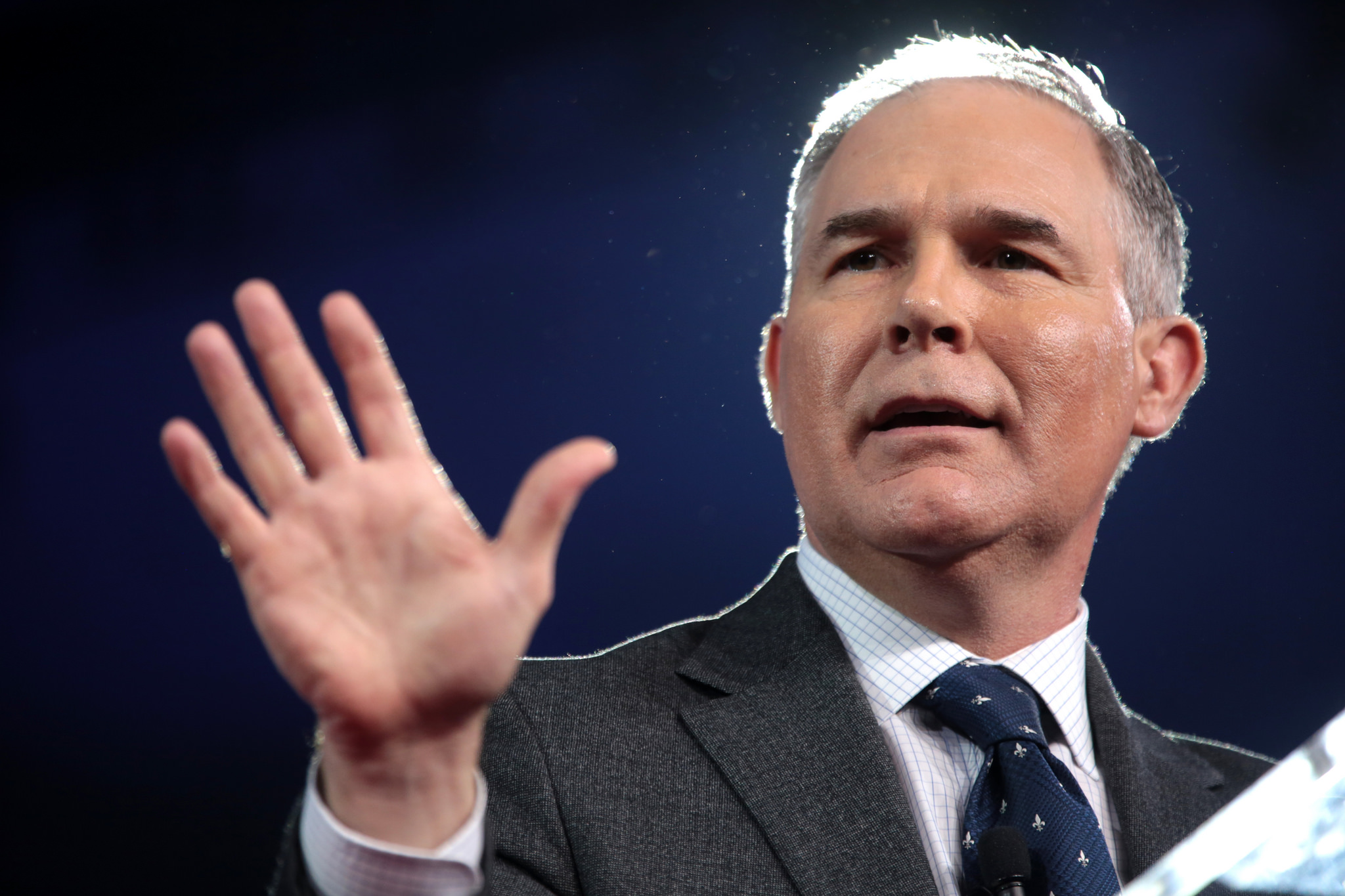Why Climate Change Is Really a Women's Issue

By:
Powerful women across the globe are meeting in New York City to send a powerful message: climate change is real and it's a women's rights issue.
At Wednesday's Women4Climate conference, the first of it's kind, politicians and business leaders are addressing the way climate change and natural disasters affect women.
The conference, spearheaded by C40, a network of cities committed to addressing climate change, inclues include Anne Hidalgo, the C40 Chair and the mayor of Paris, Washington D.C.'s Mayor Muriel Bowser, and Capetown's Mayor Patricia de Lille.
"I think as women in leadership today and as mayors around the world, we need to lead from the front to make sure the rights of women are protected and that women are considered in the decisions we make on a daily basis and that they are protected," de Lille told ATTN:.
Women around the world are hit harder by natural disasters and climate changes, and they're actually more likely to die in climate-related natural disasters, according to C40. Emmanuelle Pinault, the Head of City Diplomacy from C40, told ATTN: that effectively fighting climate change has to include addressing gender inequality in societies around the world.
"It has to be addressed all the time within the inequality framework," she said. "Unfortunately women are more affected by climate related natural disasters because they are poorer and they have a socially and economically more vulnerable situation on average in the world."
A report by the Global Gender and Climate Alliance found that women in some African and Asian countries have less financial resources to adjust to extreme weather like droughts or floods, and less ability to migrate to a better area.
Women's burdens, such a securing water for their families, are also intensified by extreme weather conditions, de Lille told ATTN:.
"The dam levels are low and it's always women who must manage the household to survive on restricted use of water," she said. "They are more affected by that scarcity of water, and so climate change is already a reality for women across the world."
Weather-related gender inequality is a problem in the U.S. as well.

Pinault used the example of deadly Hurricane Katrina that slammed New Orleans in 2005 and started a larger conversation about climate change in the United States. Women were uniquely affected by the storm; poor low-income women had a more difficult time evacuating, disproportionately became care givers for children and the elderly after the storm closed those services, and women lost jobs in the aftermath. Pinault said that women in New Orleans experienced a 7 percent job loss while men actually saw a 23 percent gain, primarily because of construction jobs.
Women can also play an important role in slowing climate change with their daily decisions as "heads of households."
"They are the ones who make decisions in the food consumption and recycling," said Pinault. "They also make decisions in transportation, as in how does the family transport themselves. They make key decisions on house and the building the family lives in."
 AP Photo/Andrew Harnik - apimages.com
AP Photo/Andrew Harnik - apimages.com
Pinault said that although President Donald Trump's administration has a questionable stance on climate change, U.S. state and local governments are joining the rest of the world in addressing the problem.
 Gage Skidmore - flickr.com
Gage Skidmore - flickr.com
Trump's Environmental Protection Agency Director Scott Pruitt does not believe that carbon dioxide is the primary cause of climate change, something that the vast majority of climate scientists and the EPA itself have agreed on.
"You see cars on the highway and suddenly one of the cars has a problem and it pulls over, but the rest of the cars still go in the same direction," Pinault said. "The car on the side of the road with the warning is the U.S. right now on the federal level. It will be on the side for four years, but hopefully not more."
